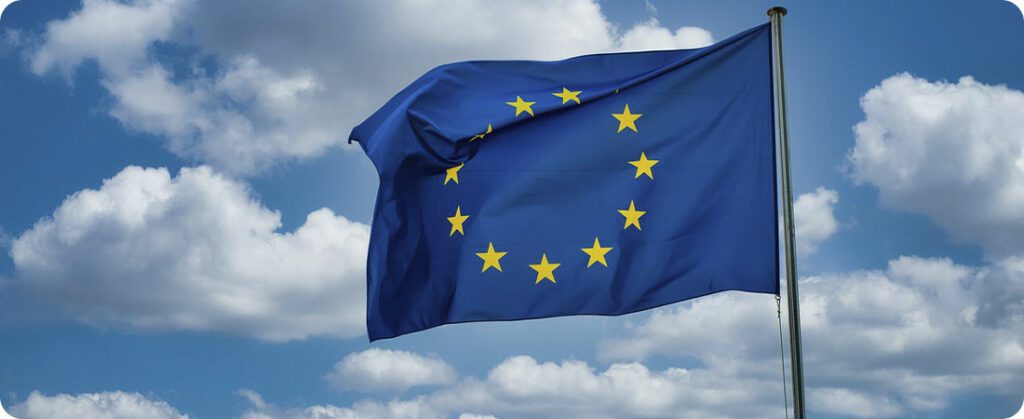
The European Parliament on Tuesday approved a one-year delay to the landmark anti-deforestation law, which will come into effect from December 2025. As a result, the legislation will ban the import of beef, soy and other products linked to forest destruction.
Furthermore, with the approval of lawmakers, EU countries are expected to approve the postponement later this week. This step is considered a formality and therefore should not bring any changes. Ultimately, after this step, the postponement will become official.
Why is it important?
The postponement of this first global policy aimed at combating deforestation represents a blow to the European Union's (EU) environmental agenda. The legislation has faced resistance from several industries, such as the automotive and airline industries, which argue that the measures are too onerous.
On the other hand, the delay offers temporary relief to companies and countries that have opposed the policy. Nations including Brazil and Indonesia have called the law protectionist and warned it could exclude millions of small farmers from the European market.
When it goes into effect, the law will require businesses and merchants that sell soy, beef, coffee, Palm oil and other products in the EU to prove that their supply chains are not linked to deforestation. European farmers will also be banned from exporting products from deforested or degraded areas.
Context
Proposals to weaken parts of the law were dropped during negotiations between lawmakers and EU countries. Both sides reached an agreement earlier this month to delay implementation for 12 months.
Meanwhile, negotiations on a global treaty to reduce plastic pollution also failed to make progress at a meeting held on Monday.
In numbers
According to campaign group Global Witness, deforestation linked to EU commodity imports caused at least 120 million metric tons of CO₂ emissions between 2021 and 2022.
Source: Kate Abnett and Bart Meijer | Notícias Agrícolas














